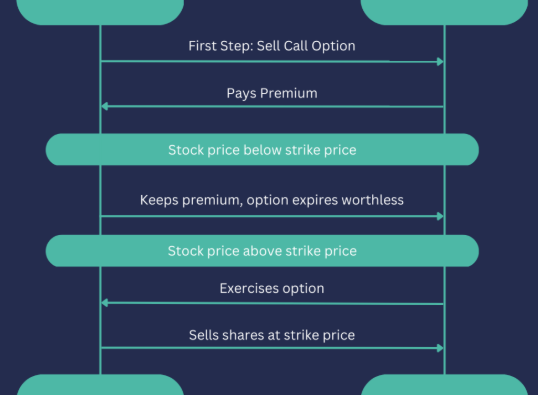
Are you curious about the concept of “smart money” and how it can impact your investment strategy? Smart money refers to the capital that is controlled by experienced investors or insiders who are well-versed in market trends and investment strategies. Let’s break down this concept and understand how it can benefit your investments.
What Is Smart Money?
Smart money represents the funds managed by seasoned professionals, such as institutional investors, hedge funds, and market insiders. These investors have the expertise and access to information that allow them to make profitable decisions and predict market trends with greater accuracy.
Originally, the term “smart money” was used to describe gamblers with insider knowledge. Over time, it has come to refer to any group of informed investors who can allocate capital in ways that yield better returns compared to the average investor.
Indicators to Identify Smart Money
There are various indicators that can help you identify when smart money is at play:
- Stock Prices and Index Options: Smart investors often move the market based on detailed analysis of stock prices and index options. By observing these movements, you can gain insights into the market’s direction.
- Data Sources and Methods: Investors rely on both informed and non-informed trading strategies. By analyzing data from multiple sources, they can differentiate between commercial and non-commercial activities, providing valuable insights.
- Trading Volume: Analyzing trading volume can help identify where smart money is likely to be flowing. Increased volume often indicates a strong move by institutional investors.
- Insider Buying: When company insiders, such as executives or board members, buy shares of their own company, it can be a signal that the stock is undervalued or poised for growth.
- Fundamental Analysis: Smart money investors conduct thorough fundamental analysis, including evaluating market trends, management teams, and financial statements to make informed decisions.
How to Trade With Smart Money
There are a few key signals that can help you trade alongside smart money:
- Aggressive Buying and Selling: When prices move due to aggressive buying or selling, smart investors often build their positions quickly. They may act before the market catches up, moving prices significantly in their favor.
- Sideways Market Movements: When prices stagnate or move sideways, it often signals accumulation by smart money investors. These periods offer opportunities for informed investors to enter the market before the price breaks out.
- Rejection of Price Changes: Sometimes, prices may be pushed to extreme levels before quickly reversing. This “rejection” can indicate a strong support or resistance zone, signaling that smart money is intervening.
Examples of Smart Money in Action
To better understand smart money, consider these examples:
- Example 1: Mahesh, an investor tracking a particular stock, notices that its price is consolidating, with no clear trend. He observes that smart money investors are buying up the stock during this period. As the price eventually rises, Mahesh profits from his own strategic purchases.
- Example 2: A cryptocurrency account tracks a wallet that has been profitable with GMX coins. The account details a situation where an anonymous investor bought 40,000 GMX coins at $70 each, only to sell them at $75, making a profit of $200,000 in a short period.
Smart Money vs. Dumb Money
Understanding the difference between smart money and dumb money is crucial for investors:
| Smart Money | Dumb Money |
|---|---|
| Managed by financial institutions, banks, and expert investors. | Controlled by retail investors with limited market insight. |
| Decisions are based on thorough market analysis and expert knowledge. | Decisions are made based on emotions, speculation, or gut feelings. |
| Investments are informed by trends, market research, and data. | Investments are often made without understanding underlying market conditions. |
Smart Money vs. Price Action
While smart money involves institutional investors using deep market knowledge to make informed decisions, price action focuses on the movements of asset prices over time. Smart money is typically guided by extensive market analysis, while price action traders use chart patterns and price trends to determine entry and exit points.
| Smart Money | Price Action |
|---|---|
| Managed by institutions with a deep understanding of market trends. | Analyzes price movements to predict future market trends. |
| Influences the market through informed capital allocation. | Focuses on price chart patterns and trend lines. |
Conclusion
Smart money is a term used to describe investments made by experienced and well-informed investors, such as institutional funds and market insiders. These investors are able to navigate the complexities of the market and make decisions that lead to better returns. By understanding how smart money works and identifying its signals, you can make more informed investment decisions that align with market trends.
If you want to successfully invest with smart money, it’s important to follow market indicators, perform thorough research, and watch for signals of insider activity. By doing so, you can enhance your chances of making profitable investment choices.









